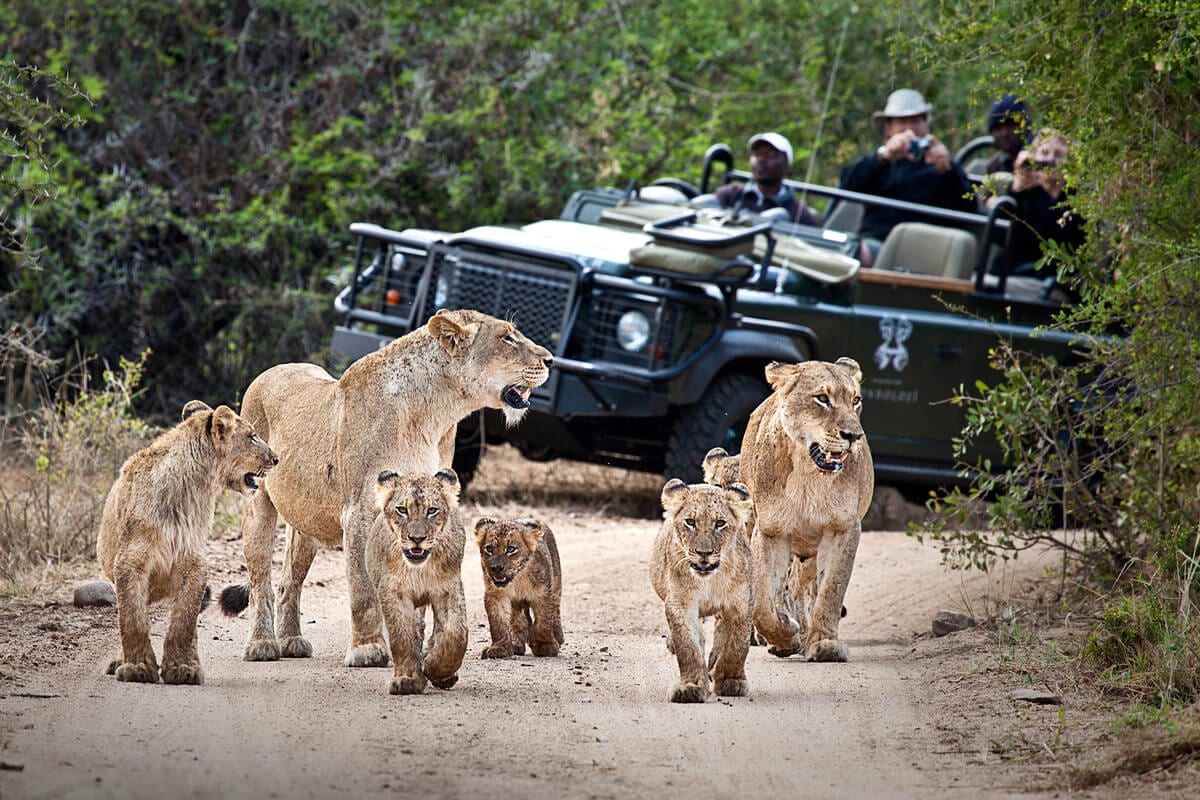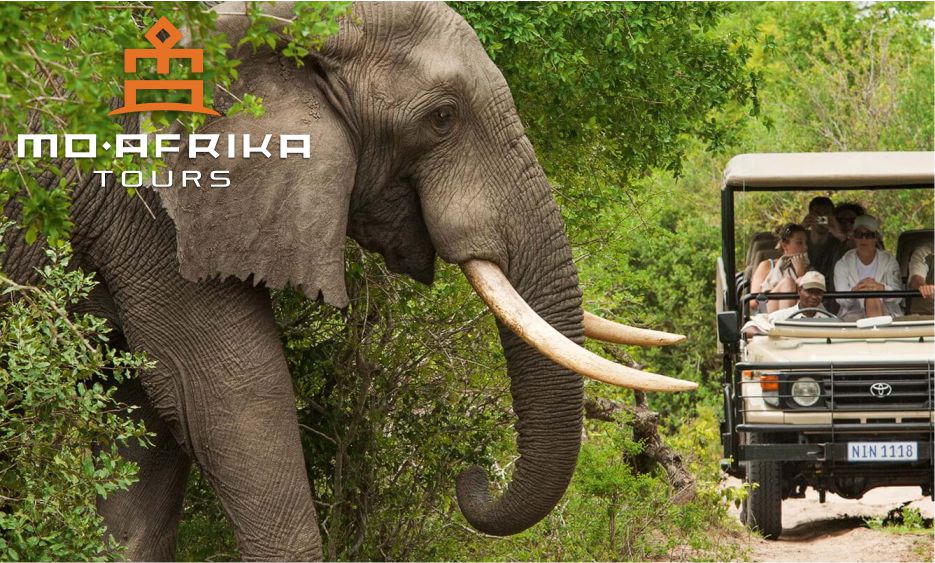Kruger National Park is not just a haven for wildlife enthusiasts; it’s also a vital hub for conservation efforts in South Africa.
Through immersive wildlife experiences, Kruger Park safaris play a crucial role in raising conservation awareness among visitors. These experiences provide a first-hand glimpse into the beauty and diversity of the park’s ecosystems, fostering a deeper appreciation for nature and the importance of protecting it for future generations.

Close Encounters with Iconic Species
Visitors to Kruger National Park with Kruger Park safaris are offered the opportunity to encounter iconic African wildlife up close, including the Big Five (lion, elephant, buffalo, rhinoceros, and leopard) and many other species.
These close encounters provide a deeper understanding of the natural behaviours, habitats, and conservation challenges facing these animals. By witnessing these majestic creatures in their natural environment, visitors develop a stronger connection to the importance of preserving their habitats and safeguarding their populations.
Educational Interpretive Activities
Many Kruger Park safaris incorporate educational interpretive activities led by knowledgeable guides. These activities may include guided game drives, bush walks, and visits to conservation centres or research facilities within the park making you bucket list safari an exceptional one.
Guides share insights into the park’s ecosystems, wildlife conservation efforts, and the role of sustainable tourism in supporting conservation initiatives. By engaging visitors in interactive learning experiences, Kruger Park safaris promote conservation awareness and empower individuals to become advocates for wildlife protection.
Here are some examples of educational interpretive activities commonly offered during Kruger Park Safaris
1. Guided Game Drives
Guided game drives are immersive experiences that allow visitors to explore the park’s vast wilderness in search of wildlife. Accompanied by knowledgeable guides, visitors embark on safari vehicles equipped with open viewing areas, providing optimal visibility of wildlife sightings.
Guides share information about the behaviour, ecology, and conservation status of the animals encountered, offering fascinating insights into their natural history.
2. Bush Walks
Bush walks offer a unique opportunity to experience the African bush on foot, accompanied by trained guides. During these walks, guides lead small groups of participants through designated walking trails, pointing out tracks, signs, and smaller wildlife species that may be overlooked during game drives.
Visitors learn about the intricate interconnections between plants, animals, and their habitats, gaining a deeper appreciation for the complexity of the ecosystem.
3. Visits to Conservation Centres
Some Kruger Park safaris include visits to conservation centres or research facilities located within the park. These centres focus on various aspects of wildlife conservation, such as wildlife rehabilitation, endangered species breeding programs, or scientific research.
Visitors may have the opportunity to meet conservationists, researchers, or wildlife caretakers, who share their expertise and passion for wildlife conservation through informative presentations or guided tours.
Through these educational interpretive activities, visitors gain a deeper understanding of the intricate ecosystems of Kruger National Park and the importance of conservation efforts in preserving its biodiversity.
By fostering a sense of connection and stewardship towards the natural world, these activities inspire visitors to become ambassadors for conservation and advocates for the protection of South Africa’s wildlife heritage.

Supporting Conservation Initiatives
Participating in Kruger Park safaris directly contributes to conservation efforts within the park. Safari fees help fund various conservation projects, including anti-poaching patrols, habitat restoration programs, and community outreach initiatives.
By choosing responsible tour operators and accommodations that prioritize sustainable practices and will be able to give visitors tips to enjoy their safari and how visitors can further support conservation efforts in Kruger National Park.
Additionally, many safari operators offer opportunities for visitors to get involved in conservation activities, such as tree planting or wildlife monitoring programs, allowing them to actively contribute to conservation while enjoying their safari experience.
Watch this space for updates in the Opinion category on Running Wolf’s Rant.
Like what you just read? Subscribe To Our Newsletter to stay in the loop.
Feel free to explore our website or check out our Featured Articles.
Looking for a gift for that special person in your life? Check out Netflorist.co.za, South Africa's top online florist and gift service. They offer flowers, gifts, and hampers for all occasions AND reliable nationwide delivery.



